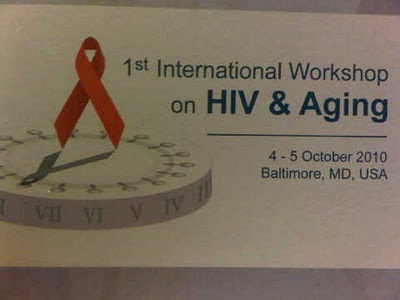At the End of Your Rope?
October / November 2010 At the End of Your Rope? by Tim Murphy Ironically, the success of today’s antiretroviral treatments has hindered the development of new options for longtime survivors with drug-resistant HIV. Chad Kenney, 56, was always aggressive when it came to his HIV treatment. Shortly after his 1987 diagnosis, the Denver native started […]
At the End of Your Rope? Read More »



